As the cryptocurrency market matures, more and more investors are turning their attention to futures contracts as a financial derivative tool. Given the extreme volatility of Bitcoin and other cryptocurrencies, utilizing futures contracts for investment not only helps in hedging risks but also allows for profit-making even in adverse market conditions. This article aims to provide a detailed comparison of the futures contract features of the top ten blockchain exchanges in the market, helping you find the trading platform that suits you best. If you are new to futures contracts or looking to optimize your investment strategy, this article will provide you with valuable insights.
Before comparing the futures contract functionalities offered by different exchanges, let’s first understand what a futures contract is. A futures contract is a financial agreement that allows two parties to buy or sell a particular asset at an agreed price on a specified future date. In the realm of cryptocurrencies, futures contracts are commonly used for risk management and implementing investment strategies.
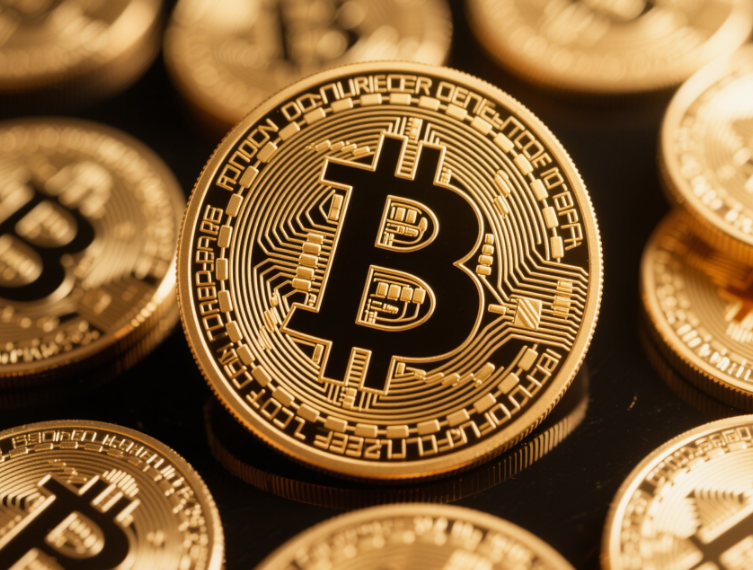
Comparison Table of Exchanges
The comparison table below summarizes the main features and characteristics of the futures contracts of the top ten blockchain exchanges, including trading fees, leverage ratios, tradable assets, and user experience.
| Exchange | Trading Fee | Leverage | Tradable Assets | Usability | Notes |
|---|---|---|---|---|---|
| Binance | 0.02% | 125x | BTC, ETH, LTC, etc. | ★★★★☆ | Largest exchange globally |
| BitMEX | 0.075% | 100x | BTC, ETH, XRP, etc. | ★★★☆☆ | Known for Bitcoin futures |
| Huobi | 0.02% | 100x | BTC, ETH, EOS, etc. | ★★★★☆ | Supports multiple fiat currencies |
| OKEx | 0.03% | 100x | BTC, ETH, etc. | ★★★★☆ | Offers a wide range of investment tools |
| Bybit | 0.01% | 100x | BTC, ETH, LINK, etc. | ★★★★★ | User-friendly interface and strong liquidity |
| KuCoin | 0.1% | 100x | BTC, ETH, SOL, etc. | ★★★☆☆ | Supports a variety of new coins |
| Gate.io | 0.2% | 100x | BTC, ETH, DOT, etc. | ★★★☆☆ | Emerging exchange with diverse categories |
| Bitfinex | 0.1% | 3x | BTC, ETH, XRP, etc. | ★★★★☆ | Professional interface |
| Kraken | 0.02% | 50x | BTC, ETH, LTC, etc. | ★★★☆☆ | High security |
| Bittrex | 0.2% | 3x | BTC, ETH, LTC, etc. | ★★★★☆ | Comprehensive trading tool |
Analysis of the Advantages and Disadvantages of Each Exchange
1. Binance
Advantages:
Largest global exchange: Highest user base and very high liquidity.
Variety of futures contracts: Supports diverse cryptocurrency futures contracts, well-suited for diversified investment.
Disadvantages:
Complex interface: May have a learning curve for new users.
2. BitMEX
Advantages:
High leverage options: Leverage of up to 100x, suitable for investors seeking high returns.
Deep liquidity: Ensures smooth trading transactions.
Disadvantages:
Not friendly for small investors: Relatively high fees and thresholds.
3. Huobi
Advantages:
Multiple fiat support: Enables deposits in various fiat currencies, increasing liquidity.
Good user experience: Friendly interface, easy for beginners.
Disadvantages:
Relatively low leverage: Maximum leverage of 100x may not satisfy extreme risk-takers.
4. OKEx
Advantages:
Rich derivatives: Offers a variety of derivative products in addition to futures contracts.
Strong technical support: Provides an efficient and reliable trading experience.
Disadvantages:
Unstable liquidity: Liquidity may drop during certain periods.
5. Bybit
Advantages:
Low trading fee: Only 0.01%, very beginner-friendly.
Excellent user interface: Simple and easy to understand, suitable for new traders.
Disadvantages:
Fewer asset types: Compared to larger exchanges, supports fewer assets.
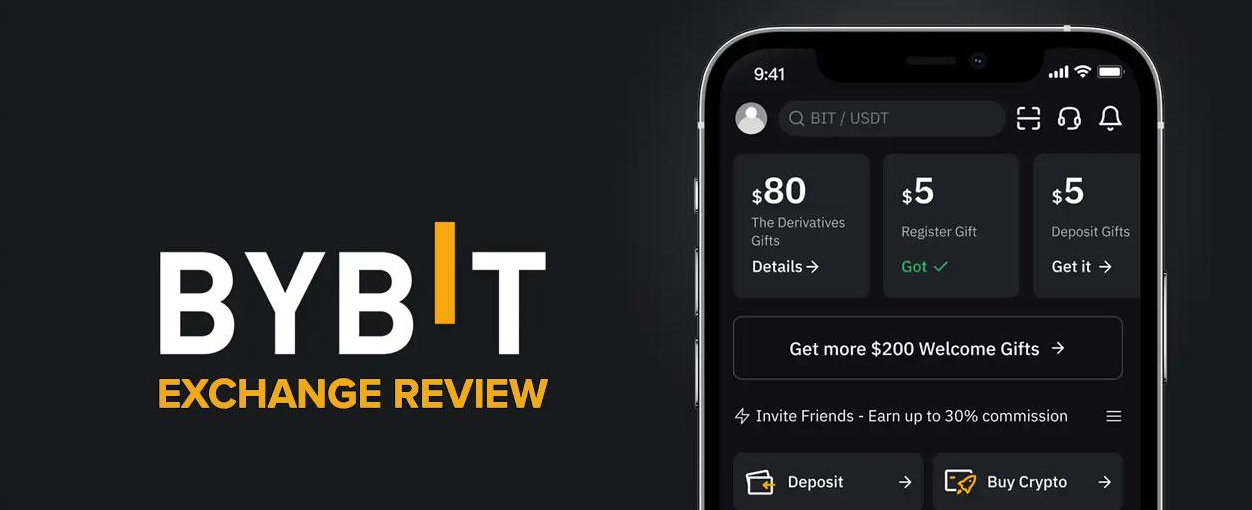
6. KuCoin
Advantages:
Full range of support: Supports a wide variety of emerging coins, suitable for high-risk investors.
User-driven ecosystem: Allows community voting for project listings.
Disadvantages:
Higher fees: Trading fees of 0.1% are comparatively high for a major exchange.
7. Gate.io
Advantages:
Rich experimental projects: Ideal for high-risk, high-reward investors.
Low entry barriers: Allows trading with small amounts of capital.
Disadvantages:
Lower liquidity: Liquidity for certain coins can be insufficient.
8. Bitfinex
Advantages:
High security: Excellent reputation for protecting user funds.
Variety of trading modes: Offers margin trading among others, enhancing flexibility.
Disadvantages:
Professional interface, not friendly for beginners.
9. Kraken
Advantages:
Good customer service: Provides 24-hour support to resolve user issues.
Strong compliance: Adheres to regulations in multiple jurisdictions.
Disadvantages:
Fewer trading pairs: Compared to other exchanges, lower variety of supported pairs.
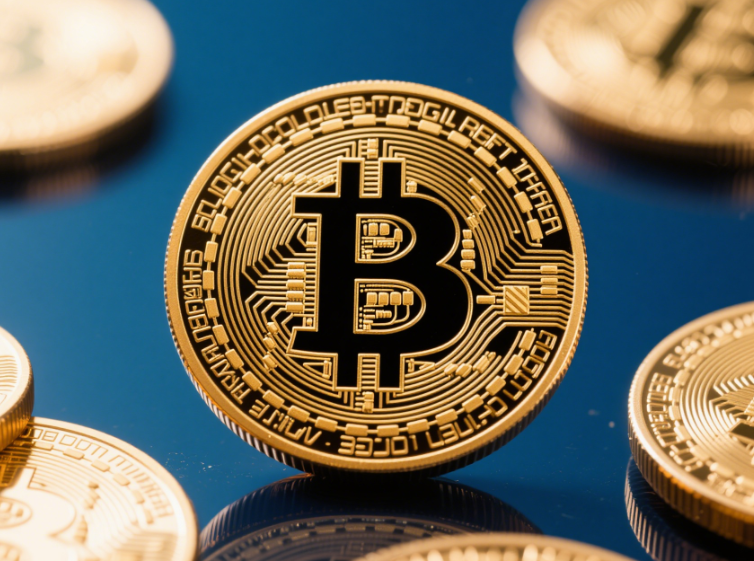
10. Bittrex
Advantages:
High security: Known for its security measures, very low risk of hacking.
Clean interface: Simple to use, suitable for beginners.
Disadvantages:
Higher trading fees: Compared to other major exchanges, trading fees are on the higher side.
Conclusion
When selecting the right blockchain exchange for futures contracts, investors need to consider multiple factors, including trading fees, leverage ratios, tradable assets, and user experience. If you are a high-yield trader, it’s advisable to choose exchanges with strong liquidity and high leverage like Binance or Bybit; if you prefer security and strong compliance, Kraken and Bitfinex are excellent choices.
I hope this article helps you gain a better understanding of the futures contract functionalities of different exchanges, aiding your Bitcoin investment journey. Regardless of whether you are an experienced trader or just starting, choosing the right platform is a crucial first step to success. Happy investing!












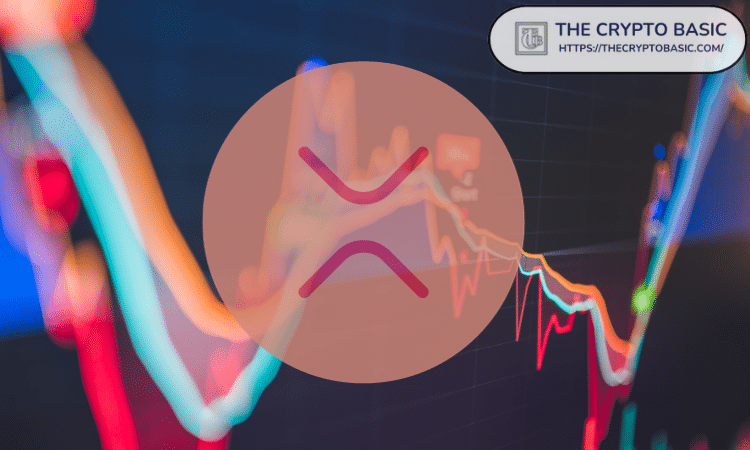

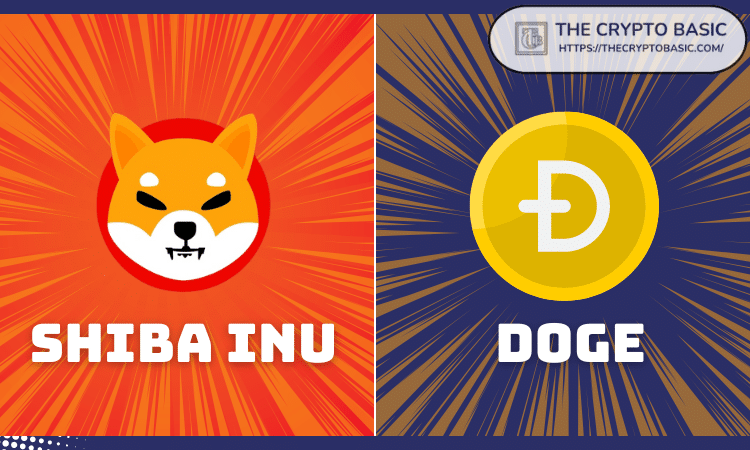

No comments yet